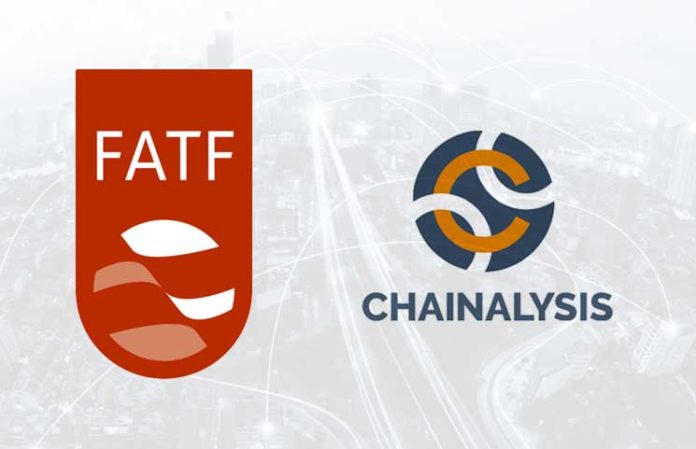Chainalysis, an analysis company for the blockchain, responded to the recommendations of the intergovernmental financial institution for the fight against crime by the Financial Action Task Force (FATF) in a direct letter of April 8.
In the letter, which Chainalysis sent to FATF, the organization’s requirement to make the cryptocurrency exchange identify and keep records of senders and recipients involved in cryptocurrency transactions is criticized.
These requirements appeared in late February, and the FATF subsequently invited the public to its literature.
According to Chainalysis, such requests can lead to the fact that the exchanges that FATF calls "Virtual Asset Service Providers" (VASP) have virtually no chance of existence.
In the event of an interruption due to non-compliance, illegal activities will be carried out underground to decentralized platforms, which will make the fight against crime difficult, and not easy for the authorities, says Chainalysis.
“Today there is no infrastructure for transferring information between VASP, and no one can change the work of blockchains of virtual assets,” the letter says.
It continues:
“Forcing burdensome investments and frictions on regulated VASPs, which are crucial allies for law enforcement, can reduce their prevalence, push activity towards decentralized and equitable exchanges, and lead to further reduction of risks from financial institutions. Such measures will reduce the transparency that is currently available to law enforcement. ”
In the meantime, the FATF has put pressure on governments on its list of countries that have not achieved enough progress in combating such issues as money laundering and terrorist financing.
As reported this month, Pakistan announced that it will introduce cryptocurrency terms of use in response to criticism that unregulated terrain contributes to financial crime. The Central Bank of Pakistan banned the cryptocurrency trade in April 2018.

